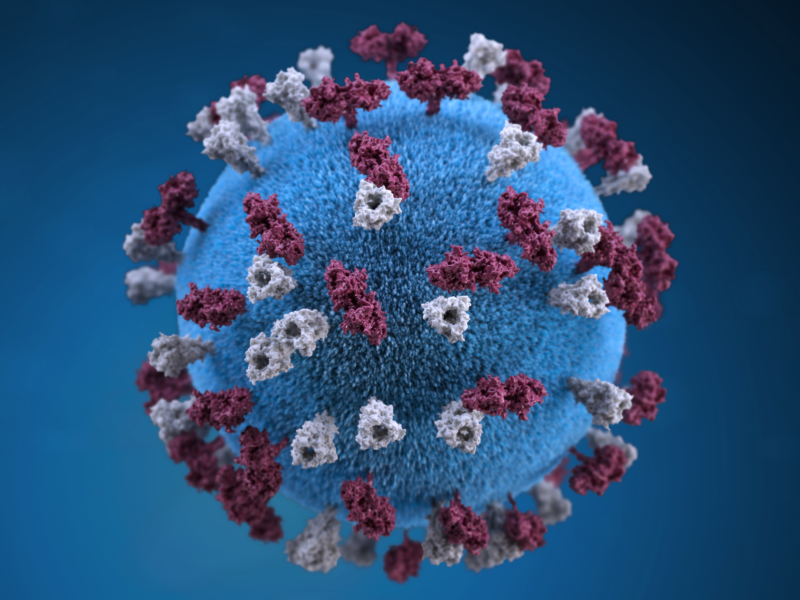Update: South Dakota just reported its first WNV case of the season. The case was detected in a blood donor who was not sick. Over the past decade, South Dakota has reported over 1,800 cases and 26 deaths of WNV.
Yesterday, July 12, Oklahoma reported its first human case of West Nile virus (WNV) for 2012 in Pittsburgh County. Tests for WNV in mosquitoes have also been positive in Tulsa County. Oklahoma’s state epidemiologist, Dr. Kristy Bradley, said that early indicators suggest the state may see a dramatic increase in WNV this year.
West Roxbury, Mass. also reported a positive mosquito pool for WNV. This is the second positive pool this year; the first positive was reported in Roslindale, Mass. Massachusetts
Coachella Valley Mosquito and Vector Control District in California reports several positive tests for WNV in mosquitoes; after this last round of tests, the valley now has 33 confirmed cases of WNV in mosquitoes. There have been no human cases of WNV in Coachella Valley, and only one human case of WNV in the state of California for 2012.
A mosquito pool is used to attract and trap mosquitoes that are later collected to determine what species of mosquitoes are present in the area, whether or not they are carrying viruses, and what these viruses are.
Health officials from Massachusetts are not alarmed by the news; “[i]t’s again the time of year when it’s not surprising to find mosquitoes infected with West Nile Virus in Boston, and people should take some simple precautions to avoid mosquito bites,” said Dr. Anita Barry, director of the Infectious Disease Bureau at the Boston Public Health Commission.
West Nile virus, transmitted from infected birds to humans by the culex mosquito, is sometimes difficult to detect. According to the CDC, about 80 percent of those infected show no symptoms of the disease. However, those that do show symptoms are usually afflicted with fever, nausea, vomiting, swollen lymph nodes, and in particularly serious cases, vision loss, muscle weakness, and paralysis. Symptoms usually appear 3 to 14 days after infection. WNV is spread mainly by mosquitoes, though in a small number of cases, it can be spread through transfusions or from mother to child during pregnancy.
There is no specific treatment for WNV. In serious cases, the CDC recommends that those infected seek treatment at a hospital.
As it does for all mosquito-borne illnesses, the CDC recommends using mosquito repellent, repairing screen windows and doors, and eliminating any stagnant water to prevent mosquitoes from laying eggs.

